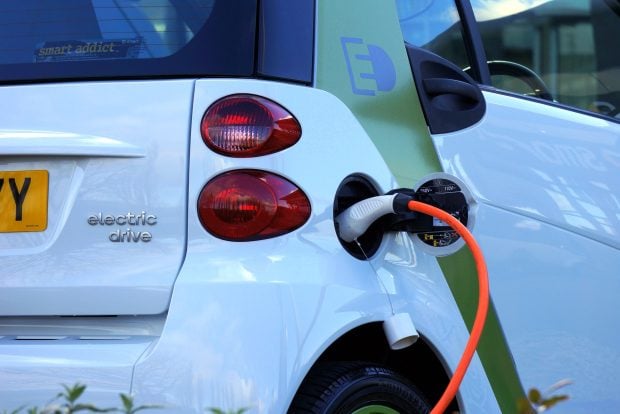Governments doing too little on climate change, say citizens

More than half of global citizens believe governments are doing too little to address climate change, according to a new study from the World Economic Forum (WEF).
The Climate Progress Survey: Business & Consumer Worries & Hopes, produced by WEF in partnership with SAP and Qualtrics, gathered insights from 11,000 people in 28 countries. It found that the majority of respondents (59%) feel that their government does not do enough to protect the environment.
Drill down by region and respondents in East Asia and the Middle East & North Africa exhibit significantly more favourable opinions of their governments’ actions to tackle climate change than in 2019, while South Asian and Sub-Saharan African respondents indicate that the level of government intervention has fallen over the period. Sentiments of those surveyed in Europe and North America holds flat.
Globally, 87% feel it is either “very important” or “extremely important” for countries to work together to address climate change.
“If the pandemic has taught us anything, it’s that collaboration and trust are critical to addressing global crises,” the report said. “In a world where the number and severity of extreme weather events are on the rise, biodiversity is declining and sea levels are rising, global cooperation on combating climate change has never been more critical.”
In North America, 8% of respondents – at least double the number in any other region – feel it is either “slightly” or “not at all” important for countries to work together to better the environment.
Overall, the survey found that people around the world trust what scientists are saying about the consequences of climate change inaction but 51% say change is happening too slowly. Across the board, renewable energy solutions and air pollution are seen as the most important sustainability issues to focus on.
Regulation, incentives and taxes
Around a third of respondents believe world leaders should focus on establishing new regulations and incentives to help meet climate goals.
In South Asia and the Middle East & North Africa significantly higher levels of respondents than in other regions (34% in each) feel that laws and regulations in their country do “too much” to protect the environment.
At least three quarters of respondents are in favour of policies that put extra taxes on polluting businesses across all regions except North America, where the figure is 69%. North American and Sub-Saharan African respondents are significantly more likely to “somewhat” or “strongly” oppose such policies, at 10% and 11% respectively. Respondents in the Middle East and Latin America are most in favour – 84% in each.
When it comes to balancing climate change and economic issues, only about a third of respondents believe the environment should be given priority over the economy.
Western European, East Asian, South Asian, and North American respondents are significantly more likely to prioritise economic growth over the environment. Respondents in Eastern European & Central Asia, Sub-Saharan Africa and Latin America take a less polarising stance with a majority of them believing that both should be given equal priority.
Post-COVID preparedness
Respondents’ stance on whether they believe their country is prepared to address global crises post-COVID varies from region to region.
South Asian respondents feel that their country is most prepared for addressing issues like climate change in light of its COVID response. On the other hand, respondents in Latin America, Eastern Europe & Central Asia, and Sub-Saharan Africa are less optimistic about their countries’ preparedness.
The WEF report said: “Governments and businesses alike should repeatedly take their constituents’ pulse to gauge what they should be focusing on and then to measure their perceived progress. This not only helps keep organisations accountable to their goals but also serves to educate constituents about their part in supporting government sustainability initiatives. Citizens will be more motivated to participate when they feel like they are part of the solution.”
























Is it time to accept that we have failed to control climate change and just try to find a way to support most of the worlds population when the things we know will happen do happen?